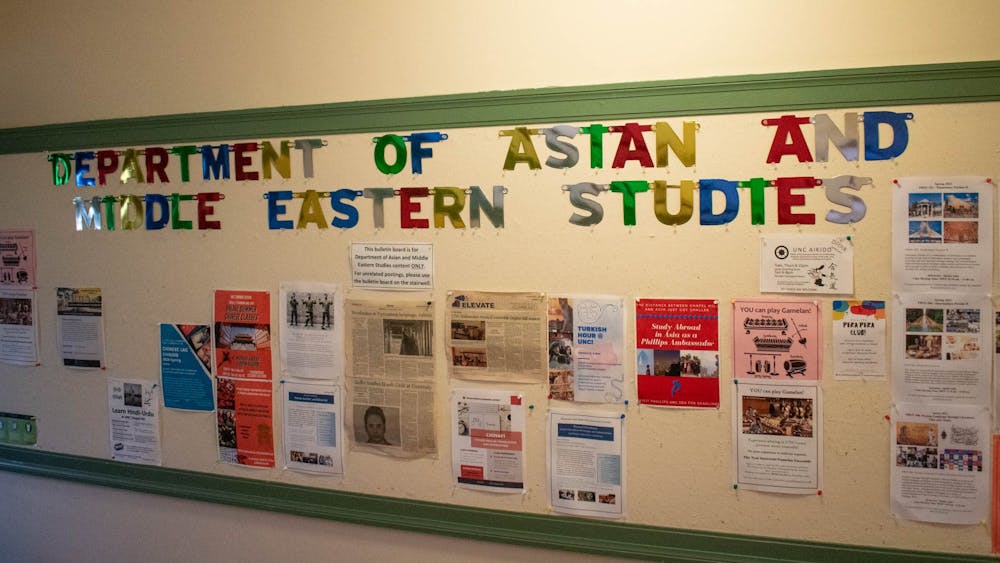The stereotype that “Asians love to study” remains a pervasive trope, with roots connecting it to a "study culture" that emphasizes collectivism and routine. While this study culture has tangible benefits for those who practice it, the stereotype that accompanies it is harmful.
Asian "study culture” is difficult to define, but there are overarching themes. On his website, author Yu-Kai Chou explains that “in Asian societies, getting a strong degree... is the determination of if one is successful." He goes on to say, “It’s really ingrained in the Asian culture that studying is everything."
Throughout Chinese history, studious individuals were rewarded after passing an imperial examination, showcasing their expertise in calligraphy and Chinese texts. Those who excelled were granted governmental positions and social esteem. This studious mentality, coupled with historical precedent, is where such stereotypes emerged.
In modern times, a study by Rubén G. Rumbaut explained that Chinese immigrant parents often pressure their children into feeling like their families' honor depends on their success.
This pressure does have some tangible effects. Asian Americans have the highest income among racial groups and they account for the largest percentage of Harvard’s class of 2026. Though socioeconomic factors influence a person's ability to find success, these statistics indicate that many Asian Americans succeed in academics and beyond — no matter their initial status.
However, socioeconomic and academic successes are not everything. Well-being is essential, and I've experienced some of the worst impacts of equating personal merit and academic prolificacy.
The model minority stereotype says Asians are inherently studious and successful. I, along with others, have felt pressure to conform. My Filipino-American background — a group usually ignored in Asian American dialogue — heightened this feeling. I had to succeed to prove myself and my worth as a human being.
Tyler Xia, a sophomore at UNC, shares this feeling.
“I do feel societal pressure to be a model minority, to be on top of things and to be at the top of my class," she said.




